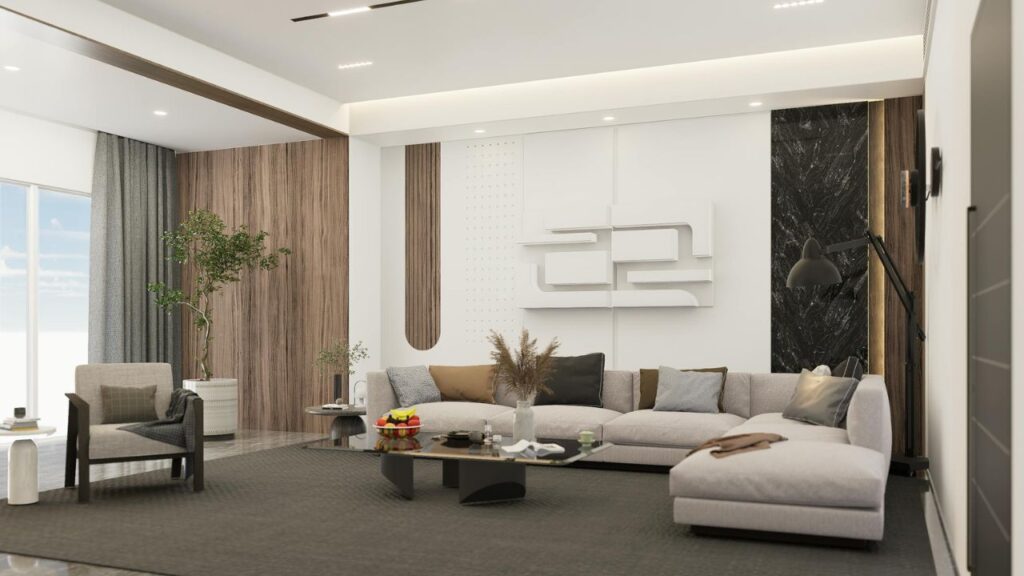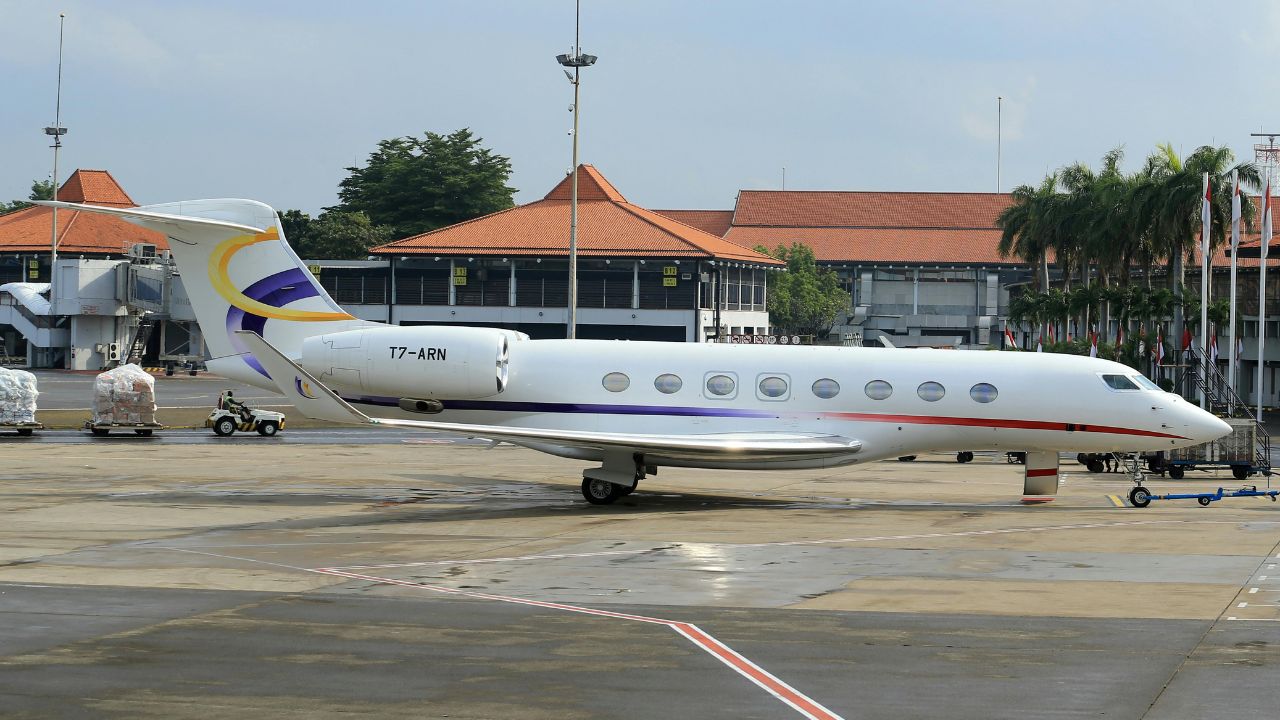Finding dependable, reasonably priced housing is a continual difficulty for airline staff traveling to Ronald Reagan Washington National Airport (DCA). Now enter DCA crashpads, shared living quarters created especially for flight attendants, pilots, and aviation employees. These crashpads combine the conveniences of home with the ease of short-term stays, therefore providing a reasonably priced substitute for hotels. From selecting the best DCA crashpad to negotiating the newest trends in crew accommodations, this book will cover all you need to know about them.

What Is a DCA Crashpad?
Airlines crew members reside in a shared living apartment close to Ronald Reagan Airport for layovers, on-call times, or between flights—a DCA crashpad. Unlike conventional hotels, crashpads provide flexible monthly memberships rather than nightly prices and are specifically suited to the demands of aviation workers. Usually featuring bunk beds, shared kitchens, and laundry facilities, some luxury choices offer hotel-like conveniences including airport shuttles, housekeeping, and safe luggage storage 10. The name “crashpad” captures its goal: a spot to “crash” momentarily in line with erratic flight plans. With DCA close to downtown D.C., crashpads here blend accessibility to the airport with simple transit to the city’s attractions.
Why DCA Crashpads Are Gaining Popularity in 2025
Rising hotel prices and the growing number of airline employees traveling to DCA have driven demand for DCA crashpads upwards. For teams who would need lodging 10–15 days a month, hotels near airports generally price 150–150–300 per night, making them unsustainable. By contrast, Crashpads have monthly plans depending on amenities and location ranging from 400–400–800. Furthermore, the post-pandemic change toward flexible working schedules has caused more crews to give economical, long-term solutions first priority. Among crew members, who often trade flight schedules, DCA operations, and local hidden gems, crashpads also help to develop a feeling of community.
How to Choose the Right DCA Crashpad
Choosing the best DCA crashpad calls for juggling comfort, cost, and convenience. Starting with closeness to the airport, most crashpads are within a 10–15 minute drive of DCA; luxury packages include shuttle services. Another top concern is safety; search for well-lit grounds, 24-hour staff, and crashpads with secure keycard access. Amenities differ greatly; some offer public lounges and complimentary breakfast while others have separate “pod” beds for seclusion. By offering screened choices with clear pricing and real-user evaluations, sites like the Hotel Crash Pad Network simplify the search10. Always virtually or in person explore the area and verify policies on guest access, cancellation, and maintenance responsiveness.

The Benefits of DCA Crashpads Over Traditional Hotels
In many important respects, DCA crashpads shine above motels. First, savings: Monthly crashpad subscriptions typically run 50–70% less than nightly hotel stays. Second, flexibility: Crashpads give 24/7 access, which is vital for crews with erratic schedules unlike hotels with strict check-in and check-out times. Third, community: Crashpads link you with other aviation experts to create shared support and networking possibilities. Fourth, facilities: Many DCA crashpads have free Wi-Fi, Netflix subscriptions, and gym access—amenities hotels can charge extra for. Ultimately, crashpads help to ease last-minute booking stress, particularly in busy travel times when DCA-area hotels sell out fast10.
Navigating Costs and Contracts for DCA Crashpads
Typically running on monthly subscription models with rates based on bed type—shared vs. private—most DCA crashpads While premium tiers (upto 400/month) may feature private pods, en-suite bathrooms, or access to hotel facilities like pools and spas10, basic rates start about 400/month for a shared room. Usually monthly, contracts are perfect for workers with erratic schedules. Hidden fees should be avoided: some crash pads charge extra for laundry, parking, or early termination. Usually automated through PayPal or Stripe, payment is made; cancellals must be announced at least 15 days to prevent fines. Always go over the fine print on security deposits and COVID-19 rules since some facilities—like shuttle services—may be temporarily closed 10.

The Role of Technology in Modern DCA Crashpads
DCA crashpads in 2025 will be using technology to improve security and convenience. Crew members can currently book beds, pay subscriptions, and report maintenance problems in real time via mobile apps. While AI-driven systems like Hotel Crash Pad Network utilize algorithms to connect crews with crashpads based on their preferences—e.g., quiet zones versus sociable environments—smart locks with biometric access eliminate the need for physical keys. Standard are virtual tours and 3D floor plans, which let users evaluate areas prior to purchase. To cater to environmentally conscious travellers, crashpads are also using eco-friendly technology including water-saving fittings and energy-efficient lighting.
Community and Wellbeing in DCA Crashpads
Beyond usefulness, DCA crashpads give crew welfare a priority. Many plan group meals or tour outings to the National Mall to help with the loneliness of regular travel. Quiet hours and assigned desks serve individuals requiring time for rest or preparation between flights. To give subsidized yoga lessons or mental health assistance, some crashpads even team with nearby wellness providers. Testimonials stress the friendship: one flight attendant said, “My crashpad feels like a second family—we share meals, swap stories, and watch each other’s backs during hectic rotations.” 10.
DCA Crashpad vs. Hotels/Airbnb
| Feature | DCA Crashpad | Hotels/Airbnb | Why It Matters |
|---|---|---|---|
| Cost | Monthly plans (400–400–800) with no hidden fees. | 150–150–300+/night, plus resort fees and parking. | Saves crews 50–70% on lodging for frequent DCA layovers. |
| Flexibility | 24/7 access, month-to-month contracts, no strict check-in/out. | Fixed check-in times, penalties for late cancellations. | Fits unpredictable airline schedules and last-minute changes. |
| Community | Shared spaces with fellow aviation pros for networking and support. | Isolated rooms; limited interaction with other guests. | Reduces travel loneliness and builds professional connections. |
| Amenities | Crew-focused perks: secure luggage storage, shuttle service, laundry, and Wi-Fi. | Extra charges for Wi-Fi, gyms, or airport shuttles. | Tailored for crew needs without nickel-and-diming. |
| Location | 10–15 minutes from DCA, often with free shuttles. | Limited airport proximity; pricier near DCA. | Minimizes commute stress during tight flight turnarounds. |
| Technology | Mobile booking apps, biometric security, AI-driven maintenance requests. | Basic apps for reservations; limited tech integration. | Streamlines stays with modern, user-friendly tools. |
| Safety | Secure keycard access, 24/7 staff, and background-checked residents. | Varies widely; Airbnb safety relies on host reviews. | Ensures peace of mind for solo travelers and frequent flyers. |

Future Trends in DCA Crashpad Services
The DCA crashpad sector is changing to satisfy 2025 needs. Rising hybrid models combine hotel luxuries—think concierge services, rooftop bars, and co-working spaces—with crashpad cost. Personalization of artificial intelligence is also growing: picture a crashpad app that uses smart sensors to automatically change room temperature or advises nearby restaurants depending on your calendar. Another emphasis is sustainability; zero-waste projects and solar-powered crashpads are gathering steam. As remote work grows, some crashpads are rebranding as “aviation hubs,” providing crew members juggling side projects or training high-speed internet and conference spaces.
FAQ’s
1. How do I book a DCA crashpad?
Most crash pads list availability on websites like the Hotel Crash Pad Network. Apply, sign an online digital agreement, and pay your deposit 10.
2. Can I share a crashpad with a friend?
Indeed. Many crash pads let you reserve nearby beds or ask for roommates.
3. Are crashpads safe for solo travelers?
Reputable crashpads provide security top priority with cameras, safe access, and background-checked tenants.
4. What if my flight gets canceled?
Although flexible crash pads often let you stay longer without paying additional fees, confirm policies ahead of time.
5. Do crashpads offer storage for luggage?
Though space may be restricted during busy seasons, most offer lockers or closets for personal goods.
